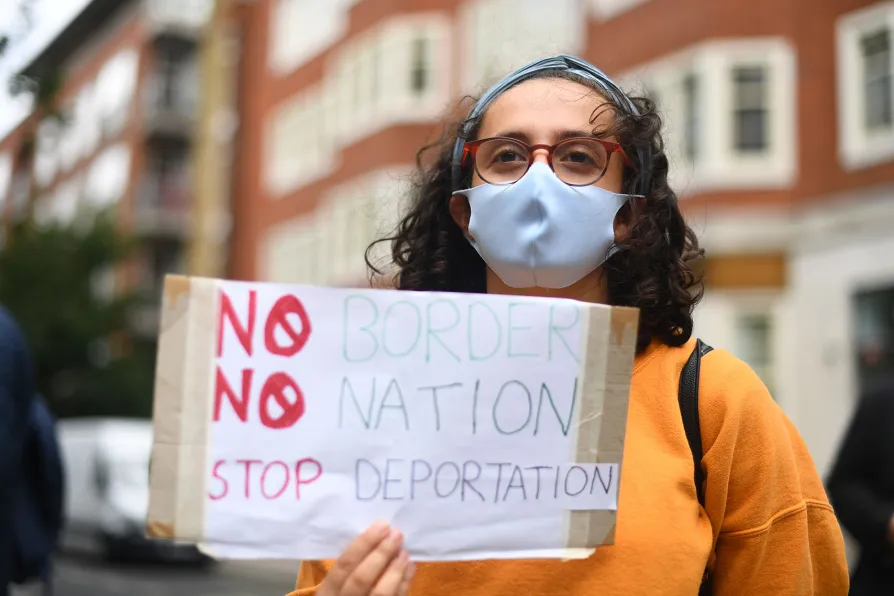NICK MATTHEWS recalls how the ideals of socialism and the holding of goods in common have an older provenance than you might think

 Campaigners outside Home Office in London, protesting against the conditions inside Brook House immigration removal centre
Campaigners outside Home Office in London, protesting against the conditions inside Brook House immigration removal centre
AS THE Tories push ahead with their anti-refugee laws, an overlooked public inquiry has been unravelling some of the worst abuses inside Britain’s detention regime.
Concluding earlier this month, the Brook House inquiry into alleged mistreatment at the removal centre near Gatwick laid bare a shocking pattern of abuse against detainees by those responsible for their care.
Chaired by Kate Eves, the probe painted a disturbing picture of a chaotic and dangerously understaffed facility, then run by security firm G4S, where a culture of racism and the dehumanisation of detainees was allowed to flourish unchecked thanks to the indifference and inaction of senior management.

Spain has joined South Africa’s ICJ genocide case against Israel while imposing weapons bans and port restrictions, moves partly driven by trade unions — proving just how effectively civil society can reshape government policy, writes RAMZY BAROUD

As the cover-ups collapse, IAN SINCLAIR looks at the shocking testimony from British forces who would ‘go in and shoot everyone sleeping there’ during night raids — illegal, systematic murder spawned by an illegal invasion












